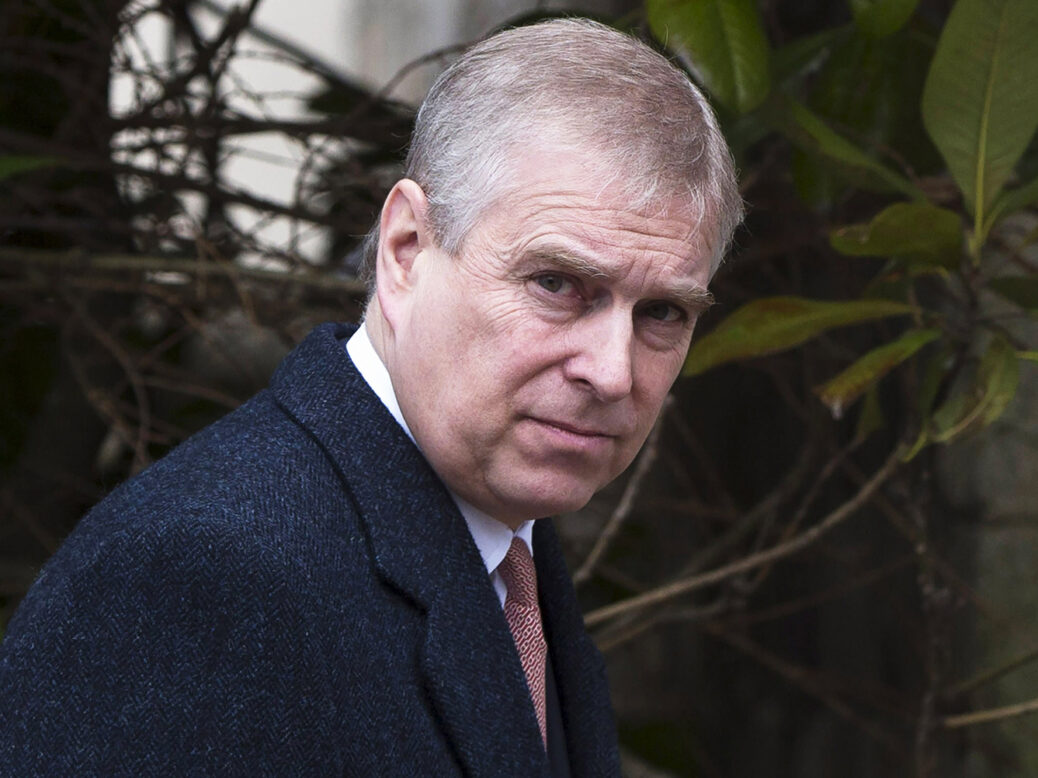
It was, quite honestly, a surprise. And it is, quite frankly, thoroughly depressing. This week, less than a month after Prince Andrew defiantly demanded a jury trial in the US civil case against him for sexual abuse, it was announced that he and Virginia Giuffre had reached a settlement.
As part of the agreement, which ends the action Giuffre took against him for allegedly assaulting her three times when she was 17, Prince Andrew intends to make a “substantial donation” to a victims’ rights charity of her choice. He also stated that he’d “never intended to malign Ms Giuffre’s character”, acknowledged that she’d suffered “as an established victim of abuse” and — in contrast to his ludicrous comments to Emily Maitlis on Newsnight — finally said he “regrets his association with Epstein”. Which is quite the turnaround given that just a few weeks ago his legal team accused Giuffre of being a prostitute and a liar, and — in a piece of textbook gaslighting — suggested she was relying on “false memories”.
[See also: Prince Andrew and the false memory wars]
Victory was promptly declared. This, it was said, is justice. But this settlement does nothing to establish guilt, and includes no admission of wrongdoing. Prince Andrew hasn’t been found guilty of any crime. His statement merely suggests that he was adjacent to an abuser, not that he was an abuser himself.
Adding to the sense that the world is entirely inside-out, the statement goes on to say that Prince Andrew the non-abuser intends to be a supporter (yes, you read that right) of trafficked girls. “He pledges to demonstrate his regret for his association with Epstein by supporting the fight against the evils of sex trafficking, and by supporting its victims.” A man who this time yesterday was accused of sexual violence against a teenage girl is now, what, an ally? Anyone else’s brain dissolving at the very conceit?
You might be wondering in what world any of this is justice. Well, here’s the truth: this is what justice looks like in this world, one that has effectively decriminalised sexual violence against women and girls. Only 1.3 per cent of rapes in the UK are even prosecuted, while one in five women have experienced some form of sexual assault. That means there are millions of women — almost all of those one in five, in fact — who have never and will never see justice.
I’ve been assaulted three times in my life, as a child and as a woman. Prosecution and conviction followed in one of these cases, which already makes me a statistical anomaly. As fewer than one in 60 rapes leads to a charge in England and Wales, I could have been assaulted another 50-odd times before seeing action taken. But hey, I’m one of the lucky ones. Lucky! I even got to hear “guilty”. And I get to hold that “guilty” — and the prison term served — tight to my chest. It’s mine.
[See also: Now Ghislaine Maxwell has been convicted, what next for the victims of Jeffrey Epstein?]
Let’s be clear: Virginia Giuffre had every right to reach an outcome that feels like justice to her. To have something to hold tight, as hers, when most victims get nothing. This is a woman who has already been failed by the criminal justice system, who knows the horrors her day in court would have brought down on her. The locusts that would have swarmed. The attacks, the slander, the picking apart of her character, the weaponisation of her mental health, the attempts to destroy her mind and degrade her body.
There is a wider context to consider: that of the reinforcement of a system that protect abusers. One that can be gamed by money and power. One that tells women like Giuffre that that’s the best they can get. That’s all they can get. That meaningful justice is so beyond our grasp we should fashion a grotesque version of it out of the scraps of contrition and compensation we’re tossed.
The media has already begun discussing how Prince Andrew can rehabilitate himself, repair his reputation now he isn’t facing the prospect of a court case. His path back might be narrow, but you know what, it’s nowhere near as narrow, as beset on all sides, as the path to justice for women.




